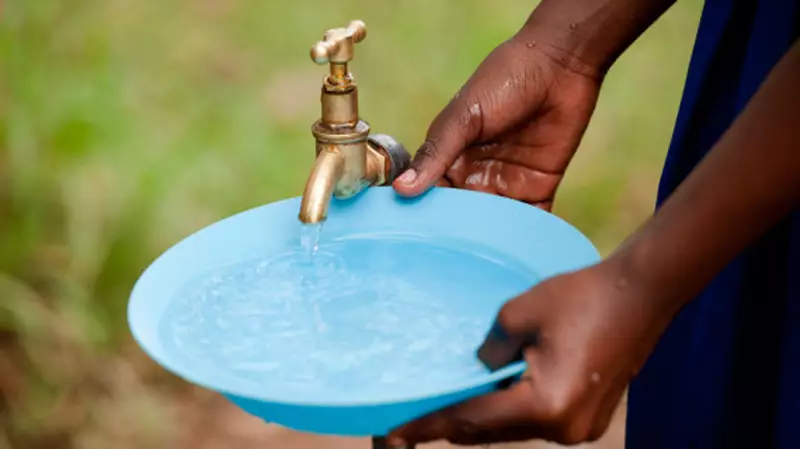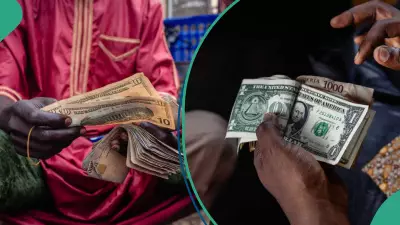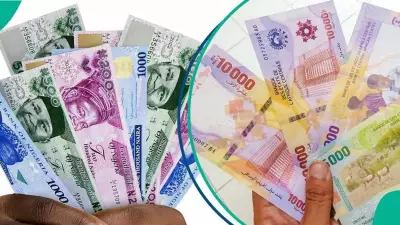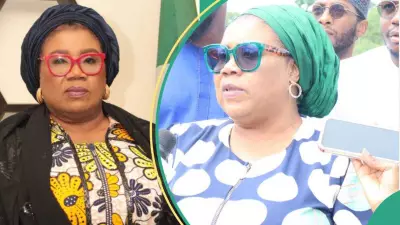
For generations, the residents of a remote community in Kogi State faced a daily struggle that defined their existence - the relentless search for clean, safe drinking water. Today, that narrative has dramatically changed as the community celebrates the completion of a life-changing water project that promises to transform health, education, and economic opportunities.
From Water Scarcity to Water Abundance
The newly commissioned borehole project represents more than just infrastructure; it symbolizes freedom from waterborne diseases and the countless hours women and children spent trekking long distances in search of water. Community elders recall how this basic necessity had remained elusive for decades, affecting every aspect of daily life.
'This is not just water flowing from a tap,' exclaimed one elderly resident. 'This is life itself flowing into our community. Our children can now focus on their education instead of fetching water.'
Transforming Health and Dignity
The impact of accessible clean water extends far beyond convenience. Health officials note that the community had historically suffered from high rates of waterborne diseases, particularly affecting children and the elderly. With this new development, families can now look forward to:
- Reduced incidence of cholera, typhoid, and diarrhea
- Improved sanitation and hygiene practices
- More time for income-generating activities
- Enhanced dignity for women and girls
A New Dawn for Community Development
Local leaders emphasize that the water project marks the beginning of a new era of development. The availability of clean water creates opportunities for small-scale agriculture, livestock rearing, and other economic activities that were previously constrained by water scarcity.
'We have waited for this day for so long,' shared a community women's leader. 'Now our daughters can go to school regularly, and we can start small businesses knowing that water is readily available.'
The successful completion of this project serves as a model for other rural communities across Nigeria facing similar water challenges, demonstrating that sustainable solutions are within reach when communities and development partners work together toward common goals.






